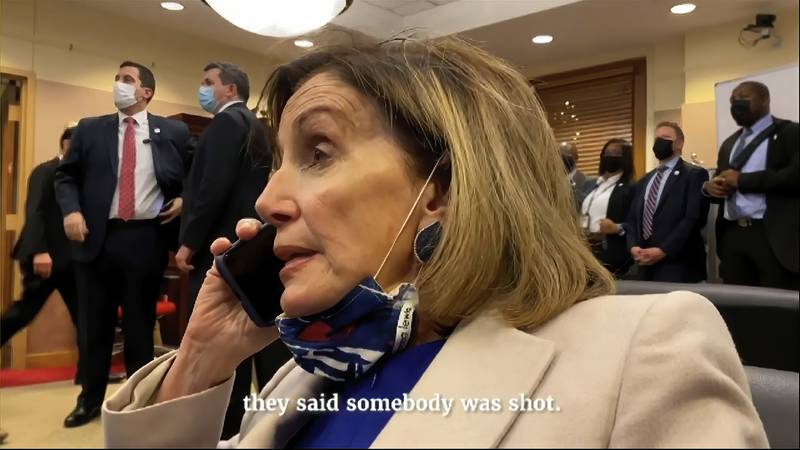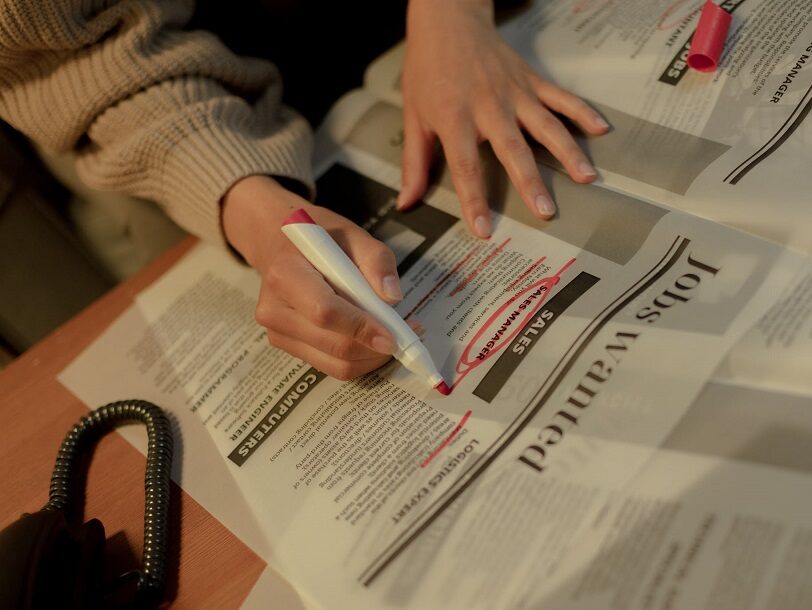The Baltimore comes out in Nancy Pelosi
Nancy Pelosi can be a polarizing figure, representing, for some, far-left politics and entrenched Democratic leadership. Her San Francisco district is upscale, urban and liberal. In short, it’s the epicenter of the California left coast. Yet every once in a while, the 82-year-old speaker of the U.S. House of Representatives, brings out the Baltimore in her. We saw it recently when a video was released showing her on Jan. 6, the day of the mob attack on the U.S. Capitol. In it, she says she hopes President Donald Trump shows up so she can “punch him out.”

